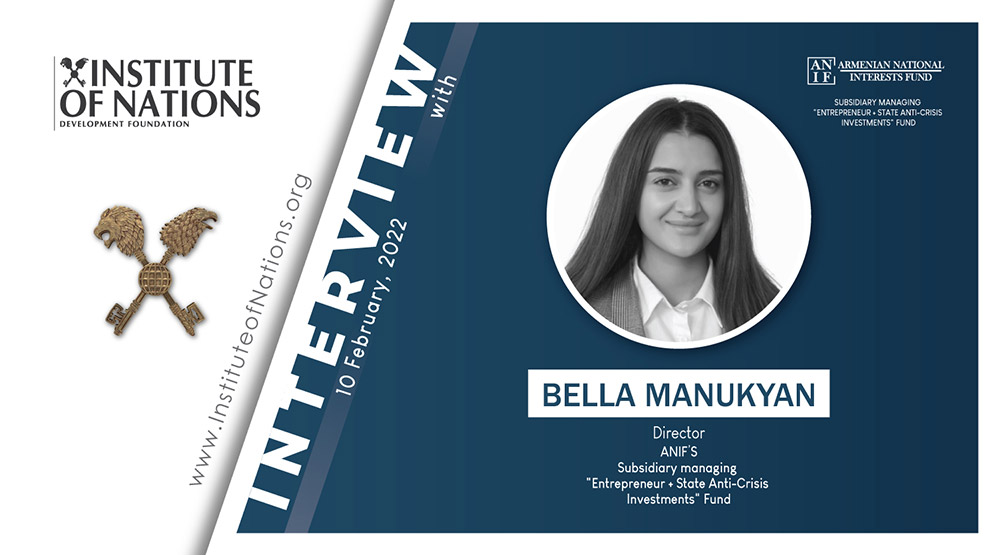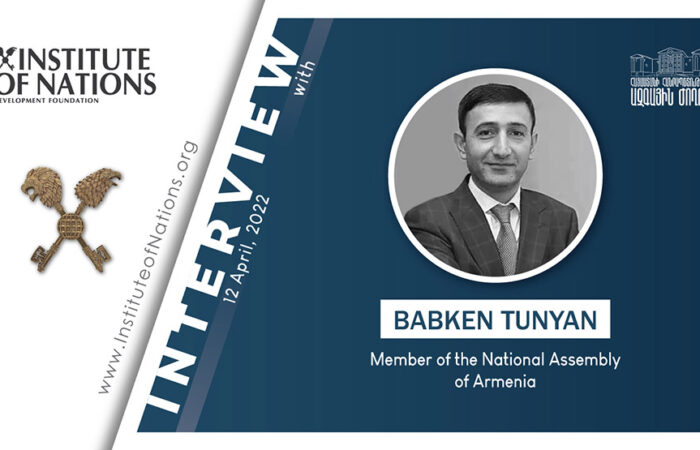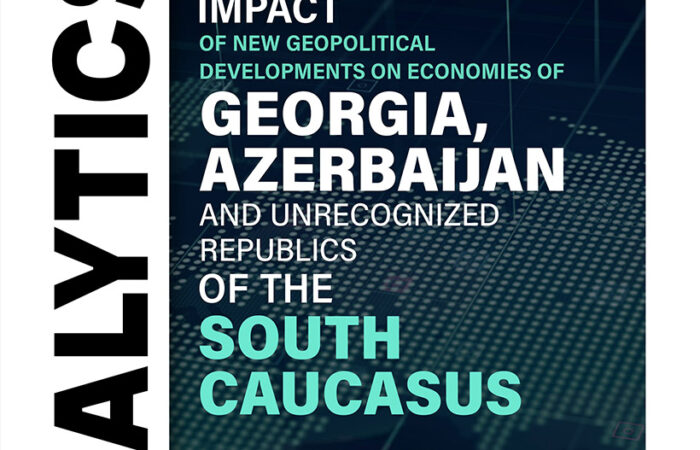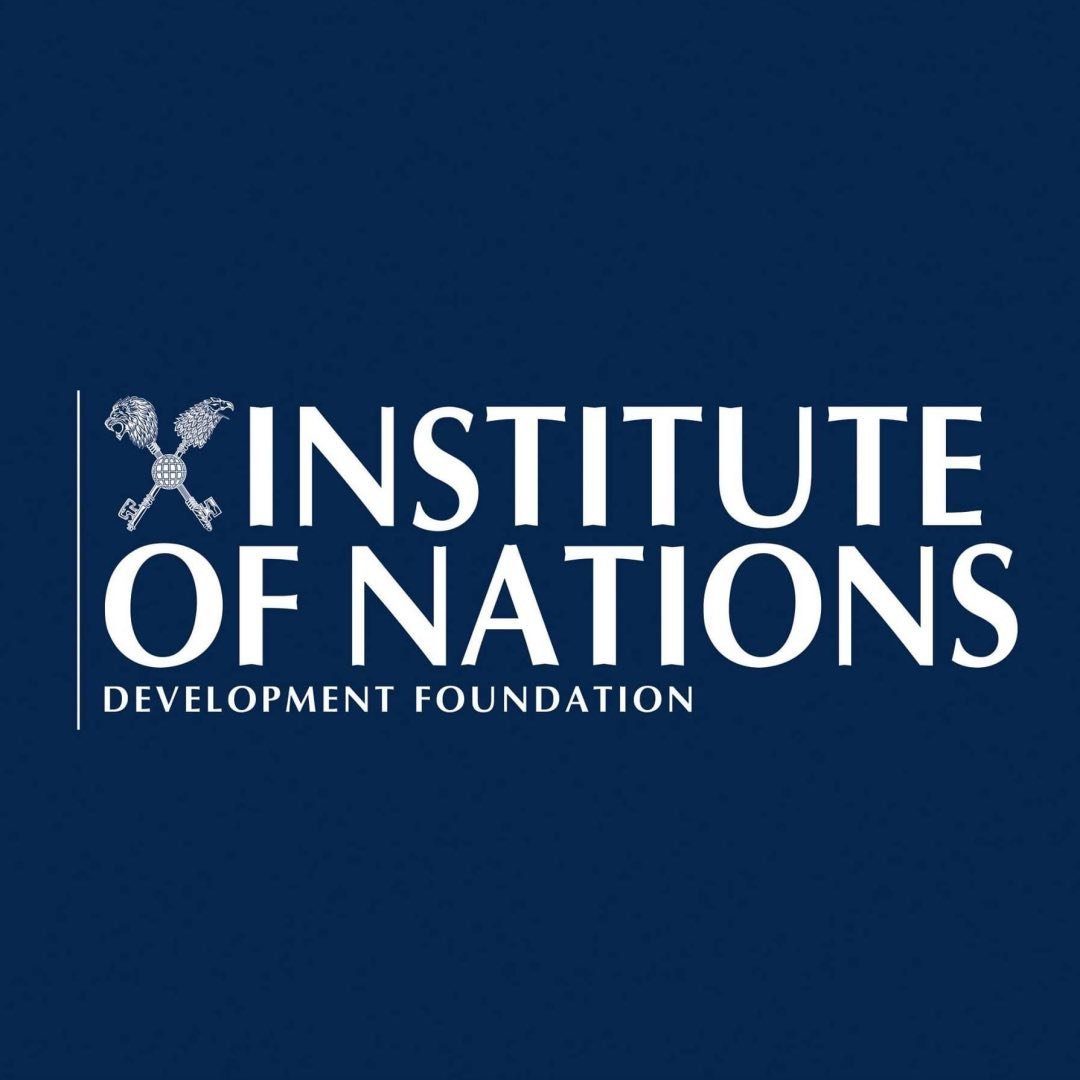The priority for the investment environment is favorable investment environment and stability in the country
Interview with Bella Manoukian, Director of ANIF’s (Armenian National Interests Fund) Subsidiary managing “Entrepreneur + State Anti-Crisis Investments” Fund
Mrs. Manoukian, in 2021 Armenia seems to have come out of post-Covid and post-war situation to some extent. Which measures should be taken toward improvement of the investment field in 2022? Is there an inventory of problems at the moment or not?
Let’s start from the point that attracting investments isn’t an easy process at all. It particularly becomes more complicated, when we speak of a developing, comparatively small country, and of a country, that has no well marketed investment attractiveness. ANIF’s activity is aimed at rising country’s investment attractiveness. ANIF is dealing with both establishing contact with institutional investors and bringing them close to a ready to a deal stage, and makes effort to create a favorable investment climate. In terms of creating the environment, of course, what catches the eye is the existing legal framework in the country and creation of an environment through reforms that will make the country attractive for investors. From the very first day of ANIF’s foundation, issues that may prevent or complicate investment processes were the main area of our focus. In this regard, our legal team, in parallel with everyday work, has actively participated in the development of legislative reform packages referring to the particular investment field. I would single out two important legislative initiatives, which we co-authored—one on amendments to the Law on Public Companies, and the other on amendments to the Law on Public-Private Partnership.
To which extend are these changes dictated by the investors themselves? In this regard, are our trade representatives able to inventory the issues, as seemingly the biggest gap is mentioned the issue linked to trade representatives, that their work isn’t productive?
In fact, our dialogue with the diplomatic community recently has become more frequent. We have detailed conversations with representatives of the diplomatic corps over the perspectives for the development of economic ties with a particular country, inter alia, which companies function in which country, who are or might be interested in the Armenian market, which obstacles/gaps exist and what may prevent entry of those companies to Armenia. These are talks of paramount importance, as we understand the issues there may be in those countries, e.g. how cooperation and communications may be established with those companies.
Serious work is carried out in the direction of EAEU market, or European countries as well? Which countries are interested in Armenia today? Many specialists mention that local investors invest in Armenia more and it’s difficult to attract new investors from abroad?
As I already mentioned, attracting investments isn’t an easy process. We have large scale projects, which we now implement, mainly around investments coming from the United Arab Emirates. The first one is the project of building a joint solar photovoltaic power station with Abu Dhabi’s state fund Mubadala’s subsidiary – Masdar, the second one is creation of a national carrier with Air Arabia. Two of our projects are with UAE, but of course, we work towards diversifying these sources. Of course, considering Armenia’s being a EAEU member country, the opportunity exists to make trade cooperation with those countries mutually beneficial, but surely they should be continuously diversified, as investment from any source brings new culture with it, new working mode, the culture of cooperating with a foreign partner is developed. Local investments are also of high important for us. For local investments ANIF proposes co-financing program, i.e. if the investor intends to do a business project, the format of which complies with certain terms, it’s possible to apply to ANIF subsidiary’s co-financing program. We’re able to participate and co-finance various investment projects through equity investments, thus sharing the business risk and boosting capital inflow to real economy.
Businesses were a bit constrained in re-investing in the wake of the Covid crisis. In that very period we came up with this proposal. We propose the entrepreneur to invest partly in business project, for which ANIF will also co-invest, sharing the business risk and the capital enters the economy and creates additional economic value.
After the 44-day war, on account of the fact, that at least in this stage we’re dealing with an unresolved conflict, did investors become more cautious and won’t hurry up to make investments in future?
I consider all circumstances are important for the investment environment, but of primary importance is the favorable investment environment and stability in the country. There is some interest at the moment, it didn’t stop, and hopefully it’ll increase in near future.
Are there investors you’re working with and a big investment flow is expected in near future, which you can single out?
I mentioned about two projects, which are large-scale, the first one is the joint project with Masdar, that is an investment of USD 174 million. It’s unprecedented both in terms of scale and nature.
We have reached an agreement together with Masdar Company, to work towards another solar photovoltaic power station project in Armenia with the capacity of 201 MW.
And the second one – the national airline project implemented together with Air Arabia.
Both Masdar’s and Air Arabia’s entrance to the Armenian market serves as a signal for other investors, that Armenia’s market can accept and absorb investments of a scale. This is a signal that our market is interesting and attractive. Within our anti-crisis fund, which is aimed at local investors, we have more programs to come, through which Armenia enters major international brand.
Is there a need for new legislative changes that you’re working on?
Legal issues are constantly in stage of inventory and under our close attention.
Siranuysh Papyan





